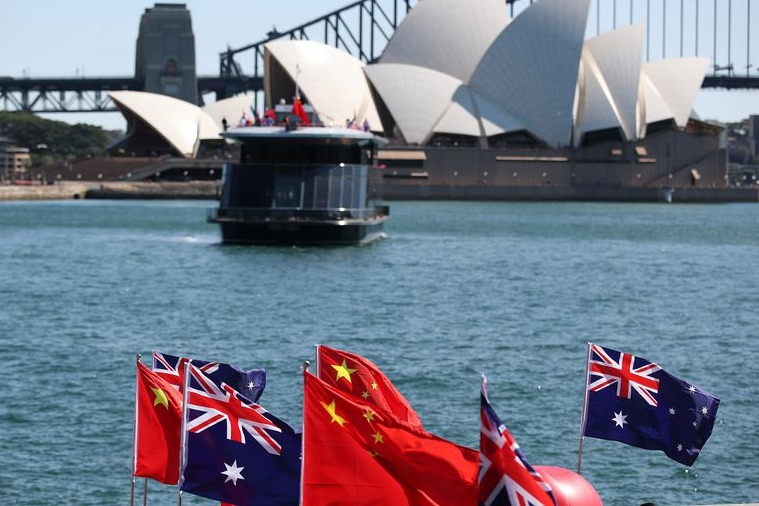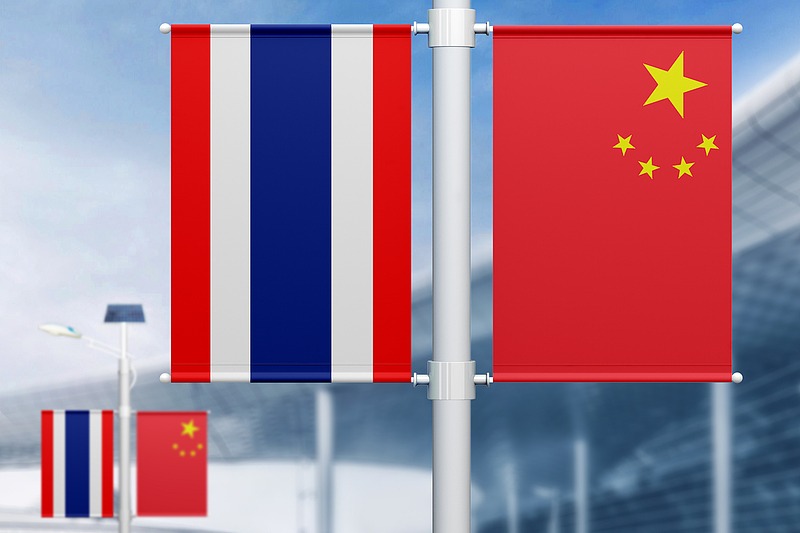Philippines' charges on Huangyan Island rejected


China has rejected the Philippines' groundless accusation and so-called protests over the establishment of the Huangyan Island National Nature Reserve, and has urged Manila to cease its infringements and provocations.
Addressing a daily news conference on Thursday, Foreign Ministry spokesman Lin Jian said that China demands that the Philippines stop wantonly hyping up the issue, and refrain from complicating the maritime situation.
The scope of the Philippines' territory has long been defined by multiple international treaties, and it has never included Huangyan Island, Lin said.
Noting that Huangyan Island is an inherent territory of China, he said that establishing the nature reserve is well within China's sovereign rights, and it is aimed at protecting the ecological environment of the island and ensuring a diverse, stable and sustainable ecosystem there.
This move is in line with China's domestic laws and international law, and shows that as a responsible major country, China is resolved to actively protect the ecological environment and promote sustainable development, he added.
The establishment of the reserve has been approved by the State Council, China's Cabinet, the official website of China's central government posted on Wednesday. It represents a move to protect marine ecosystems, fulfill international legal obligations and safeguard national sovereignty, officials and analysts said.
"China has indisputable sovereignty over Huangyan Island and its adjacent waters, as well as sovereign rights and jurisdiction over the relevant waters," said Xu Heyun, deputy head of the Ministry of Natural Resources' China Institute for Marine Affairs.
Xu said the nature reserve reflects China's fulfillment of rights and obligations under international law, including the United Nations Convention on the Law of the Sea, while complying with domestic laws such as the Marine Environment Protection Law and the regulations on nature reserves.
The arrangement upholds "win-win cooperation, joint consultation and shared benefits" in how coastal states manage the South China Sea, she said.
It also aligns with common practices worldwide, she said, noting that major maritime nations, including the United States, the United Kingdom, France, Australia and New Zealand, along with Japan, South Korea, the Philippines and Indonesia, have established nature reserves or marine protected areas.
She cited the US' Pacific Remote Islands Marine National Monument and the Marianas Trench Marine National Monument, Japan's Ogasawara National Park and the Philippines' Apo Island Marine Protected Area.
Located in the Zhongsha Islands of the South China Sea, Huangyan Island and its surrounding waters feature a typical coral reef ecosystem, abundant fishery resources and rare marine life. All reef-building corals in the area are under second-level State protection.
Forty-one species found in the area are listed as near threatened and 14 as vulnerable on the International Union for Conservation of Nature's Red List of Threatened Species, Xu said.
The area, an important fishing ground and storm shelter, faces pressure from sewage and waste linked to fishing activities. Combined with global climate change and intensified human use, the ecosystem has become increasingly vulnerable, Xu added.
Chen Xiangmiao, director at the National Institute for South China Sea Studies' South China Sea historical and cultural research department, said the biggest threat besides global warming comes from the Philippines' "fishery activities".
He said that for years China allowed Filipino fishermen to operate near Huangyan Island out of humanitarian considerations. However, ever since Philippine President Ferdinand Romualdez Marcos assumed office, Manila has been using fishermen as political tools to carry out unilateral actions in the South China Sea, breach China's law enforcement and assert illegal claims.
China's establishment of a national nature reserve declares the legal and policy boundaries to the Philippines and defines the limits of conduct for both sides in the waters around Huangyan Island, Chen said.
Chen also cited an on-site study of Huangyan Island's ecology conducted in 2024, which showed increasing coral coverage, greater species diversity and an overall strong marine environment.
"This not only debunks the rumors deliberately fabricated by the Philippines, such as 'cyanide fishing', but also provides a scientific basis for environmental protection in the waters around Huangyan Island," he said.































